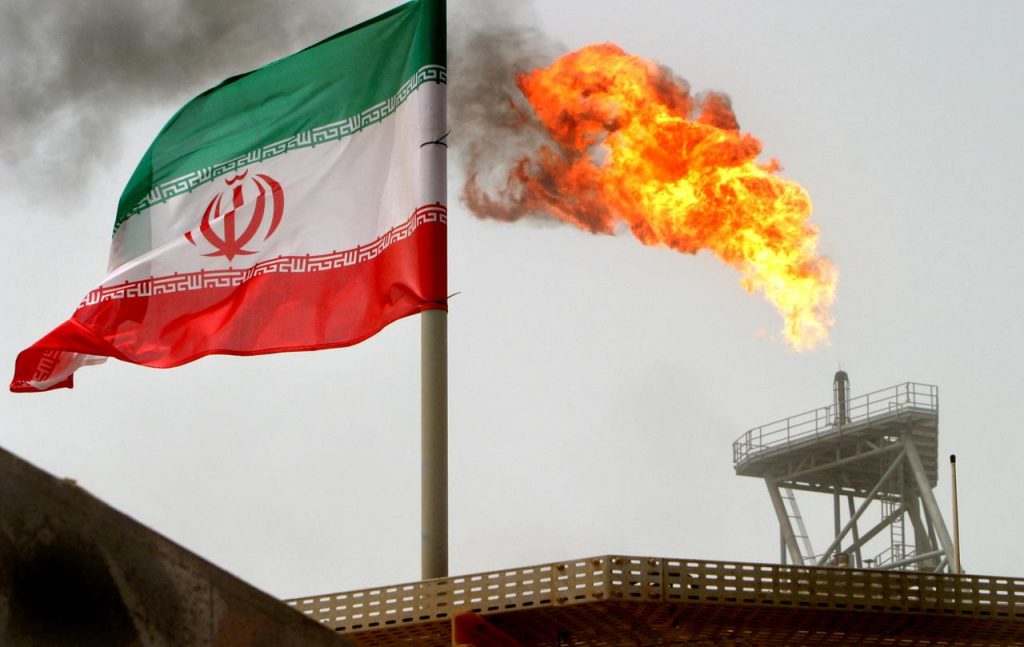1. The Empire Strikes Back: England’s Attempt at Autocracy
The first term of England’s new Prime Minister, Boris Johnson, has gotten off to a turbulent start. His D.U.D.E. campaign is grinding along slowly and has encountered its first, and most difficult obstacle, the Brexit. Johnson repeatedly pushed for leaving the EU on the deadline on October 31. (Even though he scaled down his rhetoric markedly in the presence of EU leaders.) The Trump of the Rainy Island has a tenuous majority in parliament at best- and his latest stunt is sure to make some enemies.
Every year, parliament takes a break during Autumn before being re-opened by the „Queen’s Speech“. This break leaves precious little time to negotiate an acceptable Brexit-Deal, an undertaking that has made little headway since the referendum in 2016.
Boris Johnson has dramatically shortened this time by calling for a 5-week suspension of parliament. This power play effectively leaves parliament with no time to debate alternatives to a no-deal Brexit. This so-called „prorogation“ occurs once a year, normally when a new government assumes power. A „Queen’s Speech“ is then held afterwards, in which government presents its plans for the coming year. A fairly standard procedure, but the timing makes it highly controversial. Politicians and civilians alike see it as an attempt to circumvent parliamentary influence and thereby democracy itself.
The situation becomes even more absurd when one considers how this prorogation actually occurs. It is actually the QUEEN who suspends parliament (following the government’s request). This means that neither the courts nor parliament can undertake any actions against the suspension. While this is normally one of those harmless, archaic rules, it is currently being used to circumvent the parliament chosen by the people.
To sum it up: the UK has a prime minister, who was never directly elected, using the power of the monarchy to ignore parliament in the run-up to the greatest revolution in the nation’s history since joining the EU.

2. Measles Returns
An ounce of prevention is worth a pound of cure.
For thousands of years, humanity has been fighting against viruses, bacteria, and parasites. In all that time, vaccines have proven their worth time and time again, by preventing the disease from infecting the body in the first place.
This long history of success is just one of many factors which make the modern anti-vaccine movement utterly incomprehensible. Many terrible diseases which were on the brink of being eradicated are now slowly creeping back into society. Measles has now returned to four European countries that were previously free of the illness. The citizens of Albania, the Czech Republic, Greece, and the UK must now make sure that their vaccinations are up to date.
The anti-vaccination movement is obviously not solely to blame for this new development. Globalisation and the latest waves of immigration have seen many unvaccinated people from underdeveloped countries moving between nations- bringing their diseases with. In a country with perfect innoculation, this is a minor problem. However, no society can achieve 100 % vaccination. There will always be people whose bodies reject medication or cannot be vaccinated for other reasons. These people are then protected by all the others- with no available carriers, the infection cannot spread to those vulnerable to the disease. The few outbreaks can be easily contained and eradicated.
The lack of vaccination does not only endanger those responsible, but also all those who rely on the general absence of the disease. Allowing preventable diseases to spread is irresponsible on a global scale. Diseases also have a very nasty habit of mutating, meaning that by the time we decide to treat a disease en masse, it may become resistant to the medicine used to combat it.
3. The Battle For Aden
The UN has dubbed the war in Yemen the world’s worst humanitarian crisis, a dubious award considering the awful conditions in other war-zones. Since March 2015, at least 7,025 civilians have been killed and 11,140 injured, with many sources placing this number much higher. Almost 80% of the population – 24 million people- requires humanitarian assistance. The fighting around the capital city Aden has now reached a fever pitch. But first we need a bit of context.
The civil war traces its lineage back to the Arab Spring of 2011, where many Arab nations overthrew their authoritarian governments. The demonstrators forced the residing president to accede power to his deputy, Abdrabbuh Mansour Hadi. Hadi was unable to establish his rule in a nation wracked by corruption, unemployment, and insecurity. A rebellion led by the Houti movement (and backed by security personell loyal to the previous president) took the previous capital city of Sanaa in 2015 and forced Hadi to flee the country in 2015. Fearing Iranian influence in the region, Saudi Arabia and other mostly Sunni Arab states began fighting to restore Hadi’s government.

The tensions in Yemen run along 2 axes: on the one hand you have the separatists who want to see South Yemen return to souvereignty. On the other side you have the backing of multiple neighbouring states, with Saudi Arabia, Iran, and the United Arab Emirates supporting different groups.
The fighting has only become more complicated as time goes on: control of the country is currently in the hands of 7 main groups, which have shown shifting loyalties. The Saudi-backed, Hadi-led government has been steadily expanding its control. In a sudden twist, The Southern Transitional Counci (STC) betrayed the Hadi forces and captured the de facto capital of Aden. The Saudi-backed coalition is now showing signs of fraying.
Further Reading: (Al Jazeera, BBC)
4. What Are You Sinking About?
Indonesia’s capital Jakarta is sinking into the ocean. A problem for its 10 million residents. As the city has grown, the authorities have been forced to rely on groundwater to supply the citiy‘s growing needs. As the water is extracted from the swampy earth, the ground sinks to fill the void. Inch by inch, Jakarta is slipping under water. In the last 10 years, the city has sunk by almost 2.5 meters.
President Joko Widodo has promised a solution: the construction of a new capital city. A location has already been chosen for the new city: a 400 square-kilometer patch of land in the East Kalimantan district on the island Borneo.

Moving the apparatus of state will cost an estimated $32.79 billion dollars, the majority of which will be funded by private investment.
It is currently NOT planned to move the majority of Jakarta’s populace. A slippery slope, seeing as how most experts expect the city to be under water in the next 40 years due to rising sea levels.

































